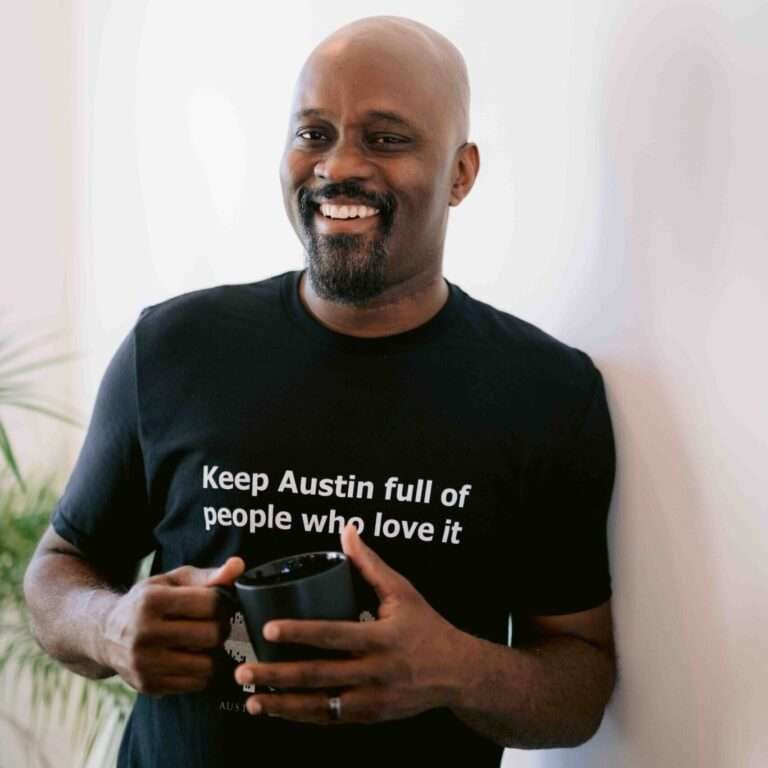In recent days, a statement made by a well-known football player has sparked a significant debate. He spoke about women being proud to just be mothers and raise their children. While I wholeheartedly support freedom of speech and opinion, it’s essential to remember that these freedoms invite dialogue from all sides. When we share our views, we must be prepared for responses that may not only support but also challenge our perspectives.
What’s the back story?
Harrison Butker, the kicker for the Kansas City Chiefs, delivered a controversial commencement speech at Benedictine College. In his speech, Butker criticized various contemporary issues and expressed traditional views on gender roles. He emphasized the importance of living according to Catholic values, attacked President Joe Biden for his stance on abortion despite being Catholic, and expressed his views against the LGBTQ+ community during Pride month. Butker also highlighted the significance of traditional family roles, praising his wife for embracing her role as a homemaker, which he considered pivotal to his success.
Butker’s remarks about women centered on his belief that the most fulfilling roles for them were as wives and mothers, suggesting that despite potential career successes, familial roles were of utmost importance. His comments were met with backlash on social media, and various organizations and individuals criticized his views as being out of step with inclusive and diverse societal values. Some on various platforms, however, celebrated him at the same time others were trying to cancel him.
Perspective is Everything
Harrison Butker’s perspective, emphasizing traditional family roles and a particular set of values, may resonate with some who share similar beliefs or have the luxury of choosing such a lifestyle. However, this viewpoint can be challenging for individuals from different socioeconomic backgrounds where such choices are not feasible. Many people must navigate economic realities that require both parents to work, often without the support systems that make such traditional roles possible. This discrepancy highlights a broader societal issue where the idealization of certain family structures does not align with the practicalities faced by many families struggling to balance work, childcare, and financial stability. This contrast becomes particularly stark when considering communities where economic hardship and lack of support structures make traditional family roles not only impractical but impossible.
A while back, I had the opportunity to attend a women’s panel organized by an employee group at my former employer. The conversation delved into the choices between pursuing a career and staying at home to raise children. It highlighted how different life can be depending on one’s circumstances. A moment that particularly resonated with me was when a friend of mine, a Black woman who is an executive director of an organization in Chicago, shared her insights. While other panelists discussed the luxury of having supportive spouses who enabled them to choose their careers freely, she reminded us of a stark reality. For her and her husband, working was not a choice but a necessity, and they still struggled to balance childcare and their careers.
Indeed, there are notable differences in the ability of women from various racial and ethnic backgrounds to choose whether to stay at home or work. Data suggests that Black and Hispanic women are more likely to be primary breadwinners compared to their white counterparts, which indicates they have less choice in deciding to stay home due to economic necessity. Specifically, a significant percentage of Black (67.5%) and Latina (41.4%) mothers are either the primary or sole earners in their families, in contrast to 37% of white mothers. This dynamic points to socioeconomic factors that compel many women of color to remain in the workforce out of necessity rather than choice (Center for American Progress).
Respecting Choices Across the Spectrum
In my journey, both personal and professional, I’ve had the privilege to meet and work with people of incredible diversity, each making life choices that best suit their circumstances and values. I hold immense respect for women like one of my successors, Sal Companieh, the new Chief Digital and Technology Officer at Cushman & Wakefield. Sal has not only excelled in her demanding role but has also raised two outstanding young men who are making their mark on the world. Her ability to balance these critical aspects of her life with grace is nothing short of inspiring. I also deeply admire the single women in my life who, planned or unplanned, had children outside of marriage. These strong individuals work tirelessly, often against significant odds, to provide for and nurture their children. Their dedication and perseverance in ensuring the best for their families while navigating their careers or other challenges is truly commendable.
Similarly, the choice made by stay-at-home dads who decide to focus full-time on family and household responsibilities is worthy of equal respect. These men, often unseen in the broader narrative, contribute immeasurably to their families’ wellbeing by choosing to be the primary caregivers. This role reversal, challenging traditional norms, adds invaluable diversity to the tapestry of family dynamics. And in most cases, it simply makes financial sense.
Each of these stories and the people behind them enrich our understanding of dedication, sacrifice, and love. It’s crucial that we recognize and celebrate the variety of paths that individuals choose, acknowledging that each journey, no matter how different, has its own set of challenges and triumphs. By embracing this diversity, we not only foster a more inclusive society but also learn the profound lesson that every role in life, when chosen thoughtfully and pursued with passion, holds equal importance.
Reflections on Messaging and Intention
My interest is not in canceling the football player for his views. Rather, I encourage him, and indeed all of us, to think about our messaging. It is crucial to frame our opinions not merely as reactions to either backlash that angers us or blind affirmations from supporters, but as expressions crafted with intention and openness to diverse perspectives. By listening genuinely and reflecting on the broad spectrum of life experiences, we can communicate more thoughtfully and contribute positively to the ongoing dialogue in our society. And slow the hatred and vitriol that social media makes us feel has become the norm.


